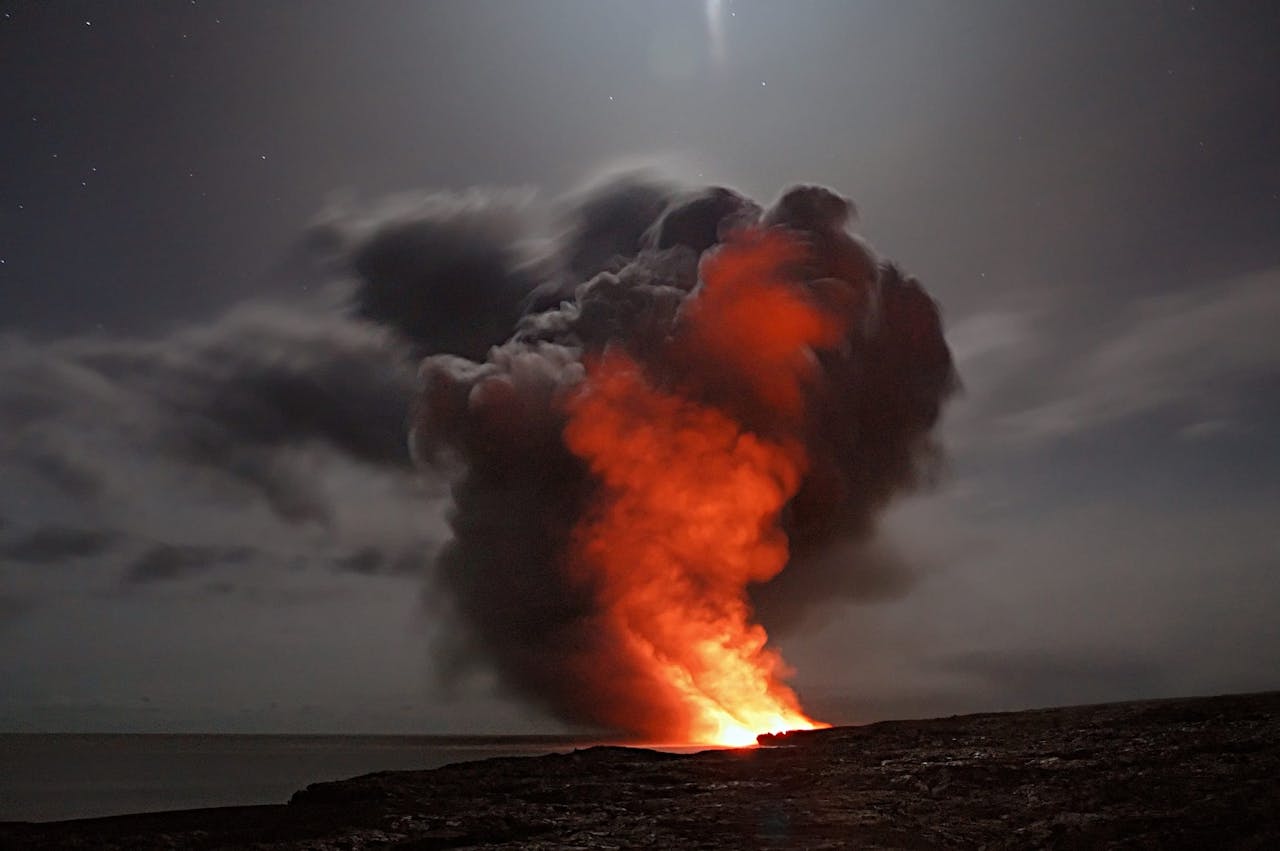As global tensions escalate, recent developments have raised concerns about the potential for World War III.
Ukraine’s use of U.S.-supplied missiles to strike Russian territory, coupled with Russia’s subsequent threats of retaliation, have intensified fears of a broader conflict.
It’s crucial to examine these events and explore diplomatic strategies to prevent such a catastrophic outcome.
The Current Flashpoint: A Closer Look
The ongoing conflict between Ukraine and Russia has destabilized the geopolitical landscape.
The recent deployment of U.S.-made Army Tactical Missile Systems (ATACMS) by Ukraine into Russia’s Bryansk region marks a significant escalation.
This action, perceived by Moscow as direct involvement by NATO allies, has prompted strong warnings of retaliatory measures, including potential nuclear responses.
Why This Matters:
- Global Alliances at Stake: Russia’s framing of NATO as an aggressor risks dragging multiple countries into direct confrontation.
- Economic Fallout: Sanctions, energy crises, and disrupted supply chains have already affected millions worldwide. A full-scale conflict would amplify these issues exponentially.
- Nuclear Risks: Both NATO and Russia possess significant nuclear arsenals, making miscalculation potentially catastrophic.
Recent Statements from Political Figures
The gravity of the situation is underscored by statements from key political figures:
- Dmitry Medvedev, Deputy Chairman of Russia’s Security Council, warned, “The right arises to launch a retaliatory strike with weapons of mass destruction,” in response to the U.S. decision to allow Ukraine to use long-range missiles against Russia. Newsweek
- President Joe Biden authorized the use of U.S.-supplied long-range missiles by Ukraine to strike deeper inside Russia, marking a significant policy shift. AP News
- Ukrainian President Volodymyr Zelensky stated that the “missiles will speak for themselves,” indicating Ukraine’s readiness to utilize the newly authorized capabilities. CNN
How President Biden Authorized Ukraine’s Use of U.S.-Supplied Missiles
In a significant policy shift, President Joe Biden authorized Ukraine to use U.S.-supplied long-range missiles, specifically the Army Tactical Missile Systems (ATACMS), to strike targets deeper inside Russia.
This decision, reported by the Associated Press, represents an easing of previous limitations aimed at preventing the conflict from further escalating.
The authorization came amid increasing pressure from Ukrainian officials, who argued that such capabilities were essential for countering Russian aggression.
The move has been met with strong reactions from Moscow, with Russian officials warning that it adds “fuel to the fire” of the war and could escalate international tensions even higher.
Why Diplomacy Is Crucial
History teaches us that unchecked aggression can spiral into global wars, as seen in the early 20th century. Avoiding such outcomes requires proactive and creative diplomacy.
Here’s why diplomatic efforts must be prioritized:
- Preventing Escalation: Dialogue can de-escalate immediate tensions and establish boundaries for military actions.
- Reducing Miscommunication: Open channels between global powers help clarify intentions and avoid unintended provocations.
- Economic Stability: Peace talks can restore some semblance of stability to the global economy, benefiting nations worldwide.
Proposed Diplomatic Measures to Avert World War III
1. Reinitiating Peace Talks
Both sides must return to the negotiating table, mediated by neutral parties like the United Nations or Switzerland. Key objectives should include:
- A ceasefire agreement.
- A roadmap for resolving territorial disputes.
- Humanitarian aid corridors to affected regions.
2. Strengthening Multilateral Organizations
Global bodies like NATO, the UN, and the EU should collaborate to mediate and enforce peace agreements. This could include forming an independent coalition to oversee compliance with any accords.
3. Leveraging Economic Incentives
Economic diplomacy could play a critical role, such as:
- Offering Russia a gradual easing of sanctions in exchange for military de-escalation.
- Providing Ukraine with long-term economic support tied to its adherence to peace agreements.
4. Global Summit on Security and Neutrality
A high-level global summit involving NATO, Russia, China, and other influential powers could redefine security guarantees. This might include discussions on NATO’s eastward expansion and Russia’s sphere of influence.
5. Promoting People-to-People Diplomacy
Encouraging cultural exchanges, international dialogue among civil societies, and non-governmental peace initiatives can help build grassroots pressure for peace.
The Role of Citizens in Preventing War
While governments and institutions bear the greatest responsibility, individuals can contribute by:
- Staying informed through credible sources to avoid spreading misinformation.
- Advocating for peace through petitions, social movements, and community discussions.
- Supporting organizations providing humanitarian aid to those affected by the conflict.
A Choice for Humanity
The specter of World War III is not inevitable, but avoiding it demands concerted effort and compromise. History will judge whether we chose dialogue over destruction, cooperation over confrontation.
While the situation remains precarious, diplomatic measures offer a pathway to not only avoid war but to build a more secure and cooperative global community. The stakes are high, and the time for action is now.
What are your thoughts on the current crisis? How can everyday people contribute to fostering peace in an increasingly divided world?
